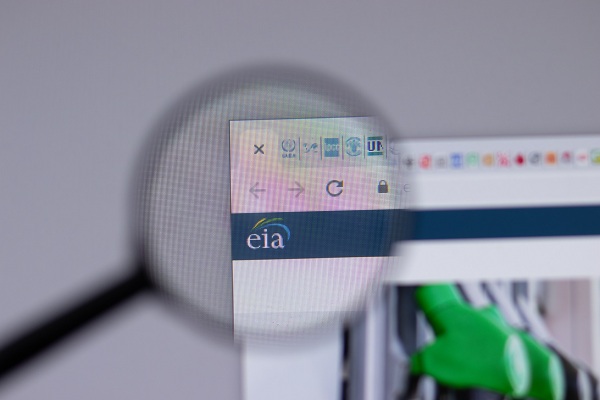- TBC and Riot Platform sued EIA for infringement over Bitcoin data demands.
- Senator Warren’s involvement is seen as part of a broader political strategy.
- Bitcoin mining is under scrutiny for its energy consumption and environmental impact.
In a drastic action against the U.S. Energy Information Administration (EIA), the Texas Blockchain Council (TBC) and cryptocurrency mining company Riot Platforms are alleging illegal data collection demands targeting the Bitcoin mining sector. A lawsuit was filed.
EIA’s Data Collection Plan
Last month, the EIA announced plans to collect data on the electricity consumption of certain U.S. cryptocurrency miners starting in early February. Commercial miners were required to disclose complex details, including the type of machinery used and the location of their mining operations. The controversial move followed emergency approval from the Office of Management and Budget on Jan. 26.
We begin collecting data related to: #electricity used in the usa #Cryptocurrency mine worker.
We will ask about their electricity consumption to help us better understand their energy needs.
👉https://t.co/gYpZgtiD6J pic.twitter.com/pQ9ULoLAAU
– EIA (@EIAgov) January 31, 2024
TBC, a non-profit association, expressed concerns about the sensitive nature of the information requested and feared it might be released to the public. The city council sees this as a direct attack on private businesses and characterizes it as a political ploy under the guise of a state of emergency.
TBC criticized Senator Elizabeth Warren and the Biden administration, accusing them of orchestrating targeted activities targeting the digital asset industry. The EIA’s push for oversight is seen as an infringement and a worrying expansion in monitoring and regulating the cryptocurrency sector.
As part of a broader strategy, Senator Warren and other Democratic lawmakers have previously called on major U.S. cryptocurrency mining companies to disclose their energy usage. The current legal action represents an industry backlash against what is perceived as increased regulatory scrutiny.
Bitcoin Mining Realities and Environmental Considerations
In its February 1 report, EIA highlighted that annual electricity consumption by cryptocurrency miners has increased significantly from 0.6% to 2.3%. Despite the benefits of Bitcoin mining, such as network decentralization and profit opportunities, the industry is under increasing scrutiny due to its environmental impact.
The Rocky Mountain Institute estimates that approximately 127 terawatt-hours are consumed per year in Bitcoin mining worldwide. This has sparked debate about the environmental sustainability of the industry. While proponents argue that Bitcoin’s energy usage is relatively low compared to traditional sectors such as banking, critics remain concerned about Bitcoin’s contribution to global energy consumption.
As the legal battle unfolds, the cryptocurrency industry will find itself at the intersection of regulatory pressures and environmental responsibility, navigating a delicate balance between innovation and responsibility.

